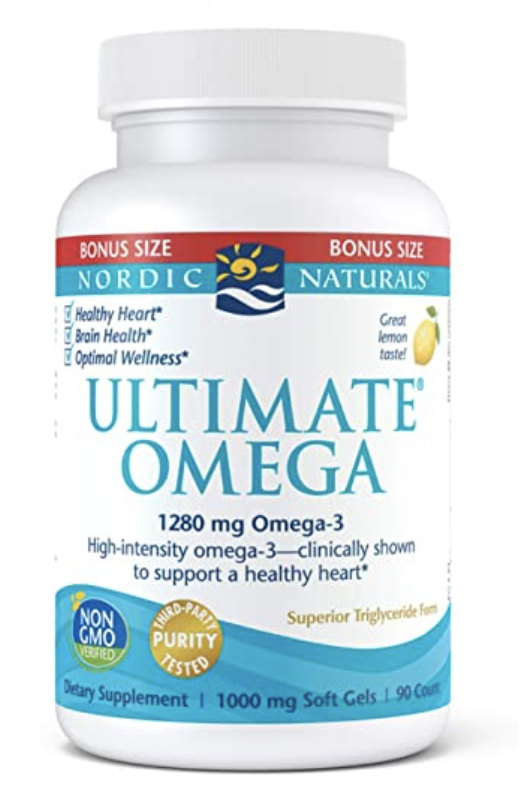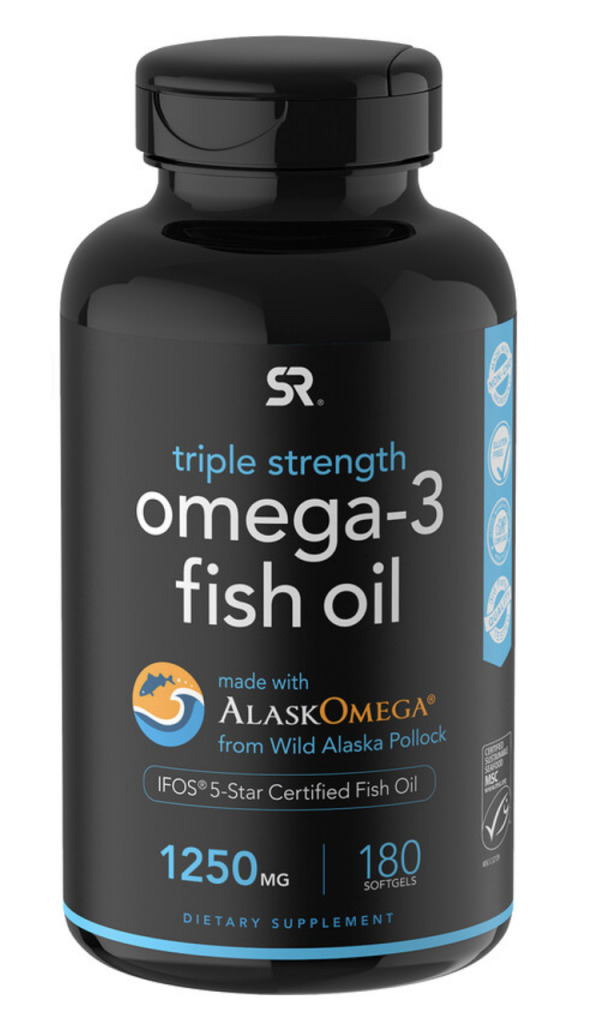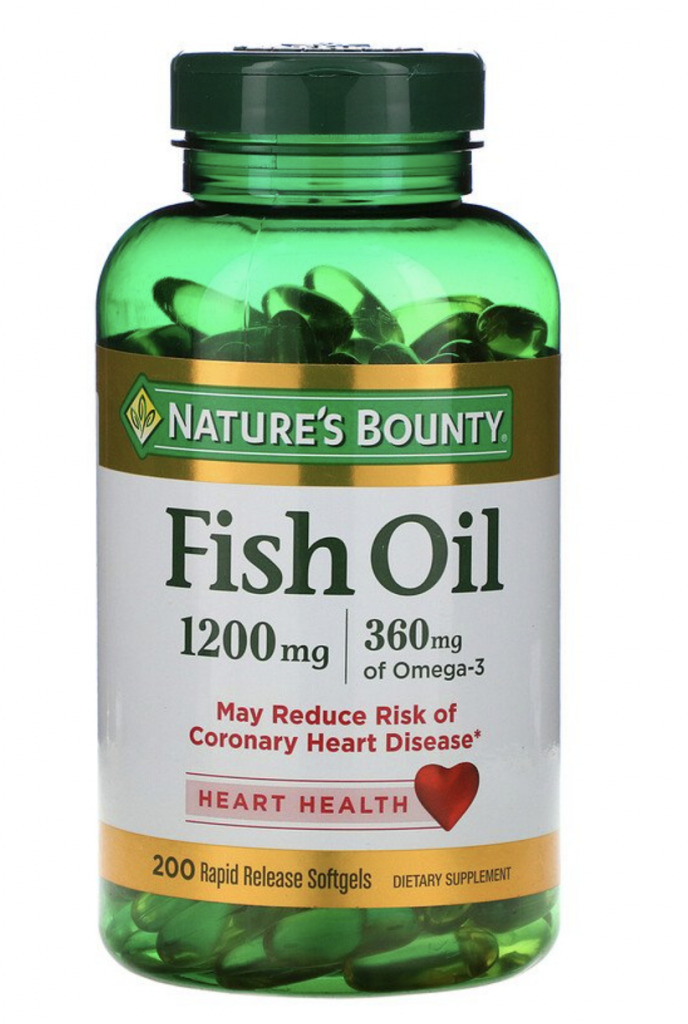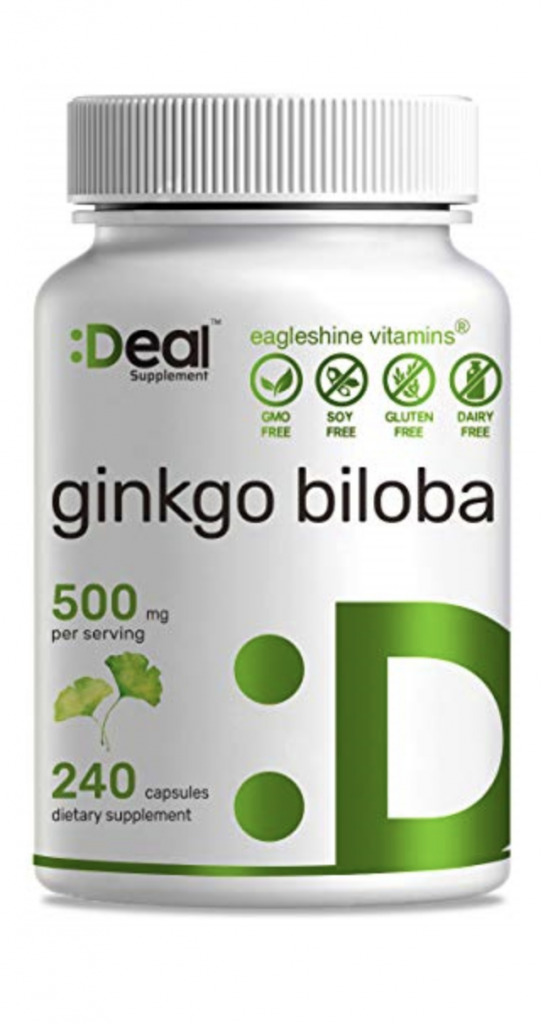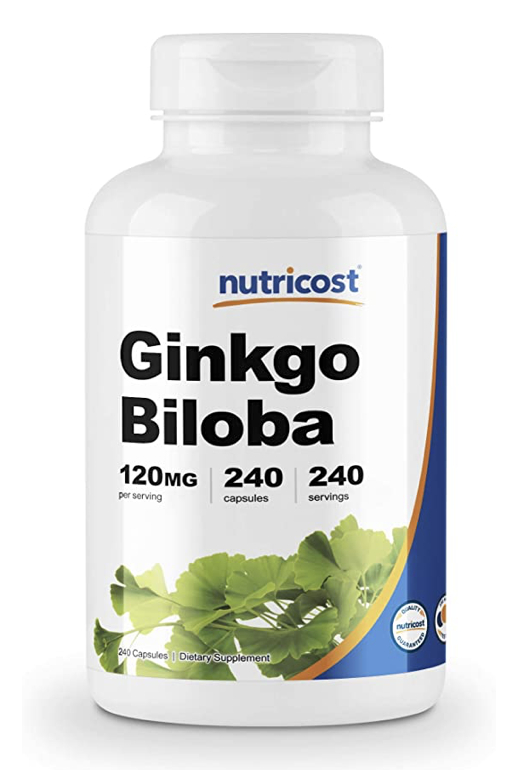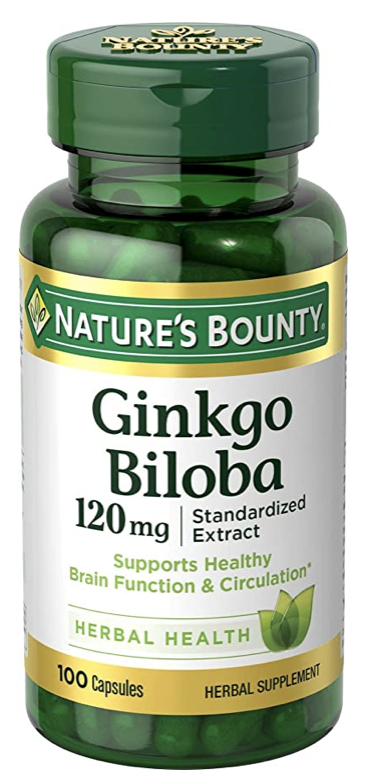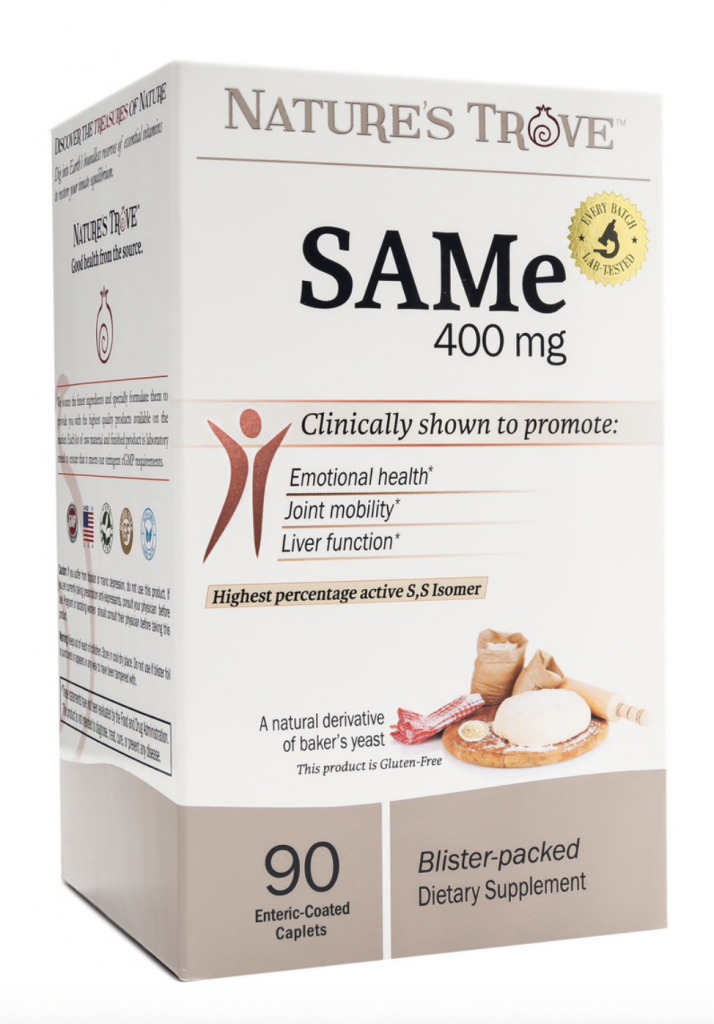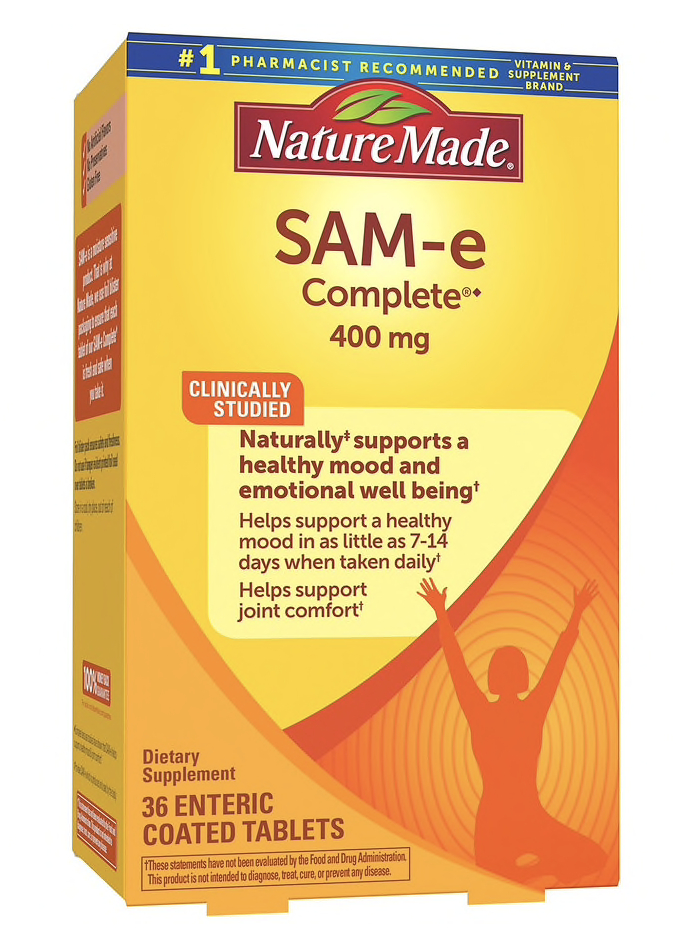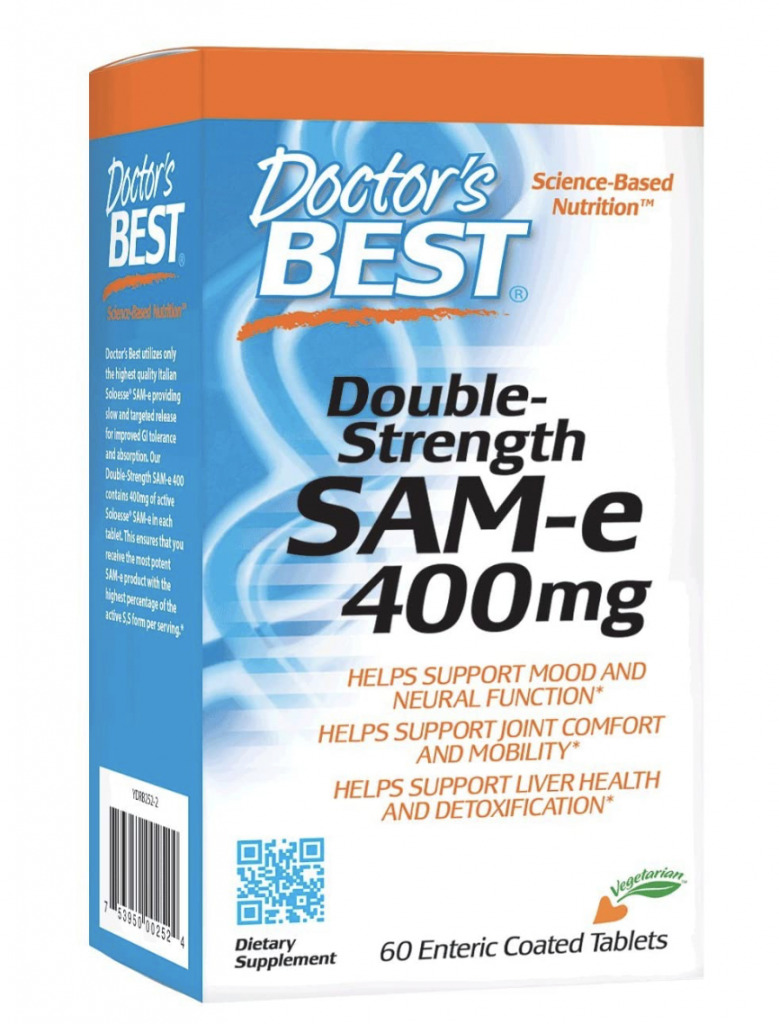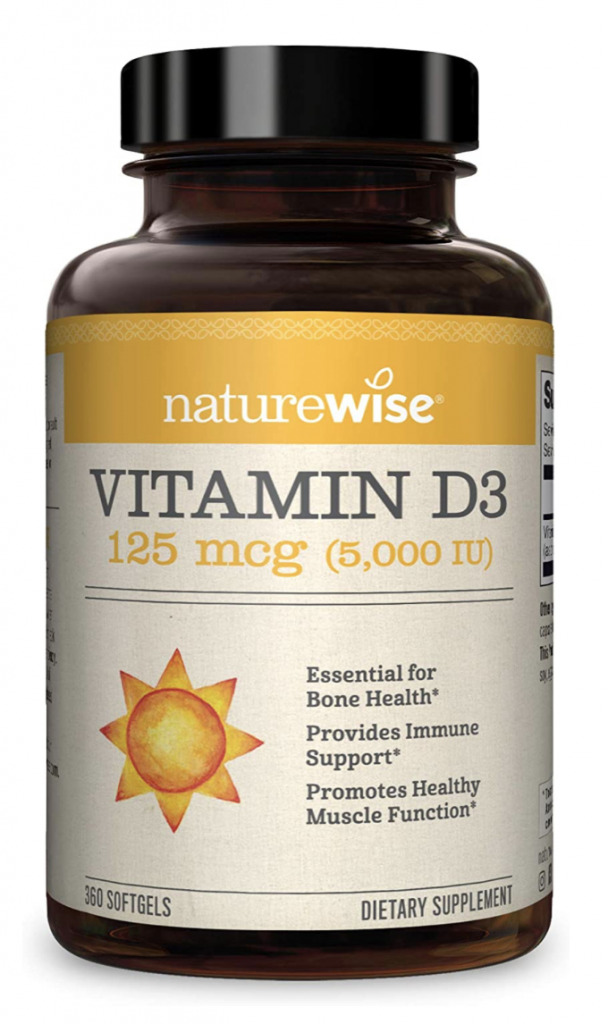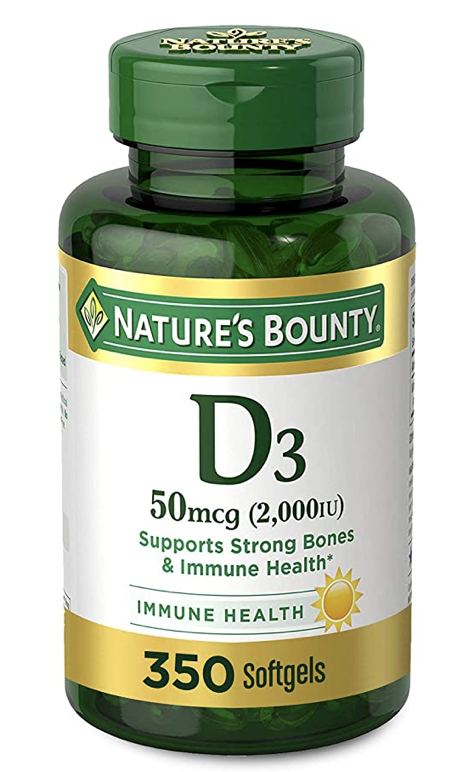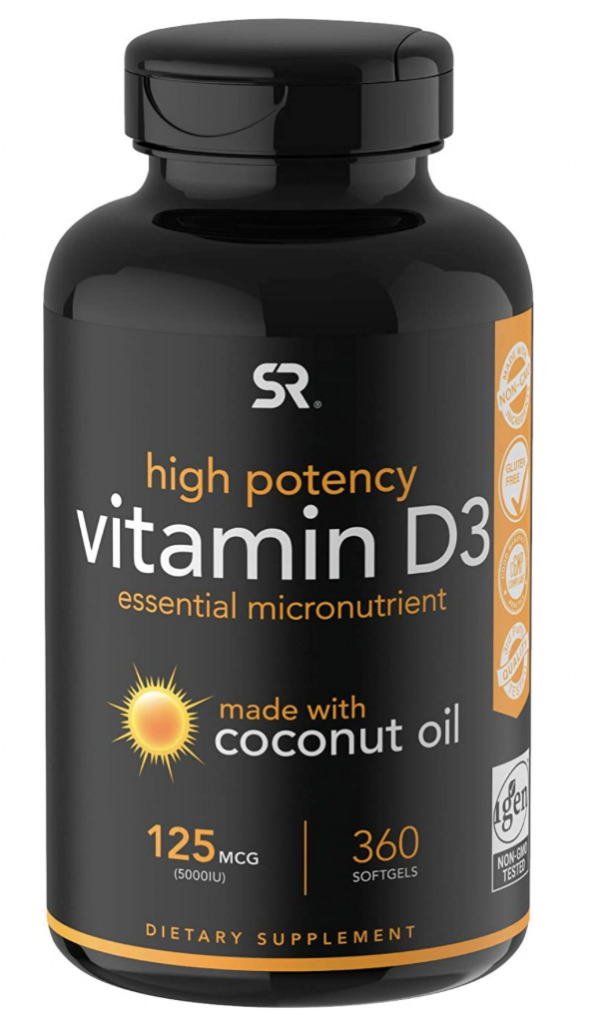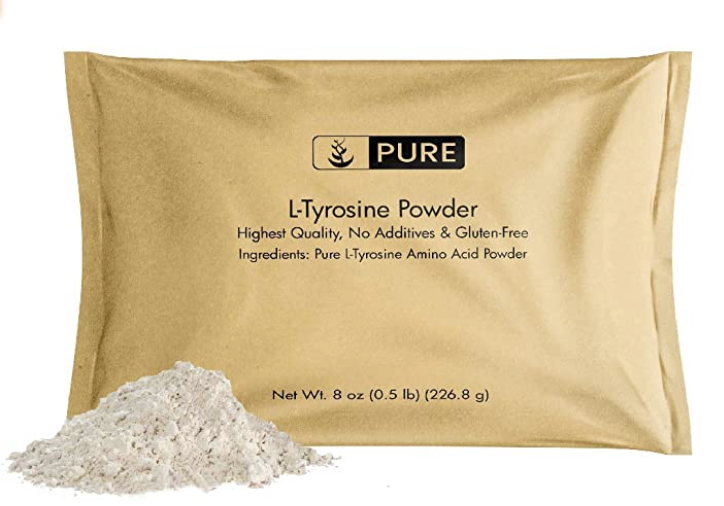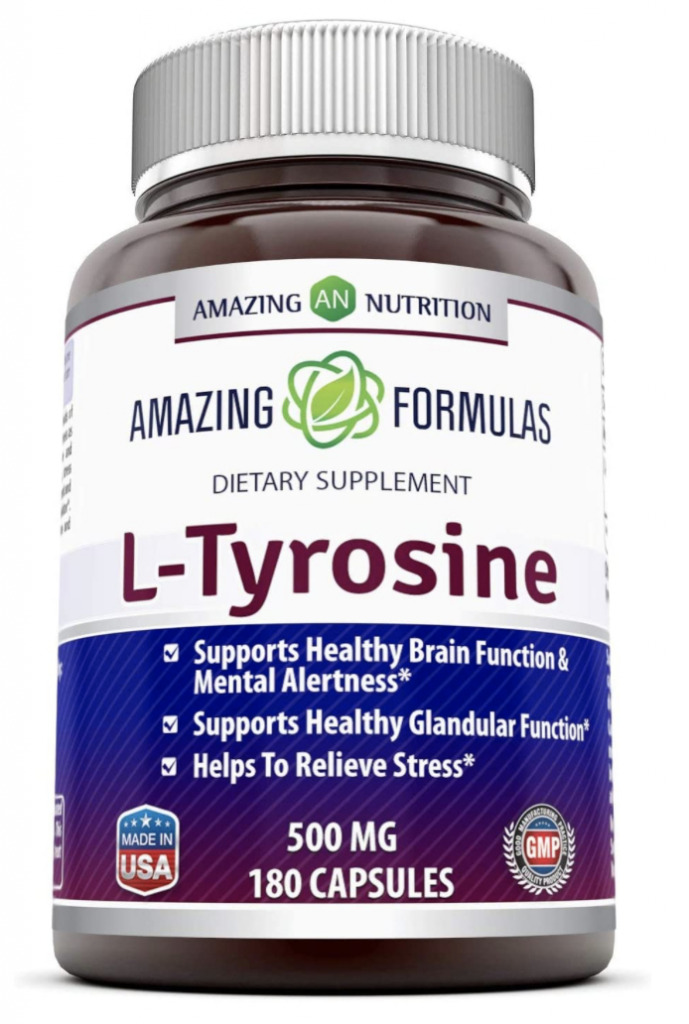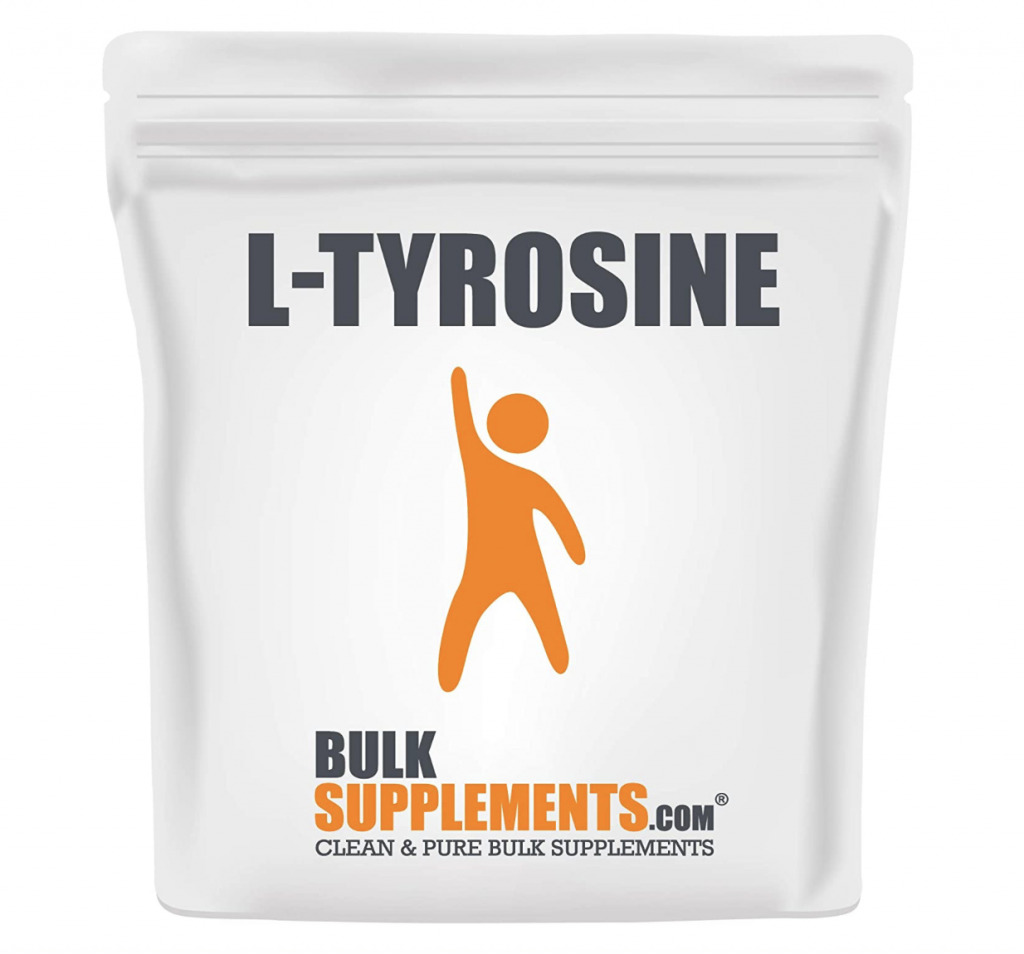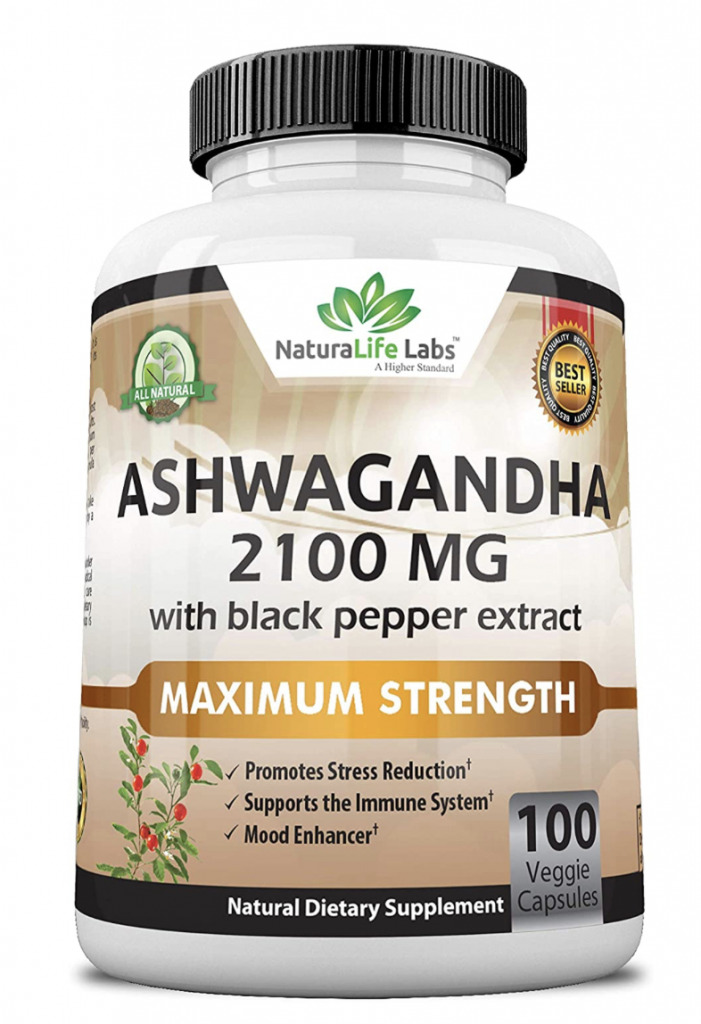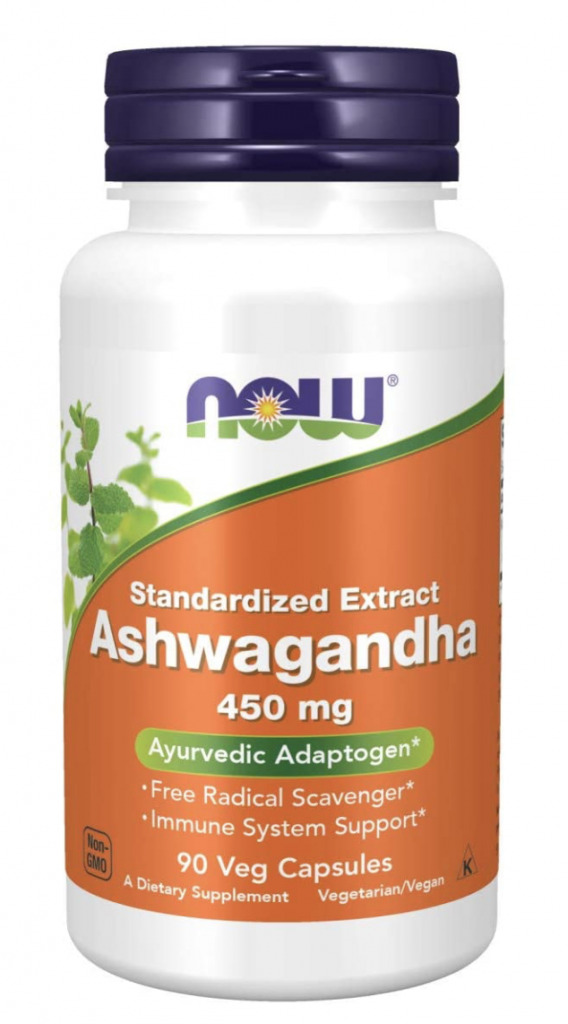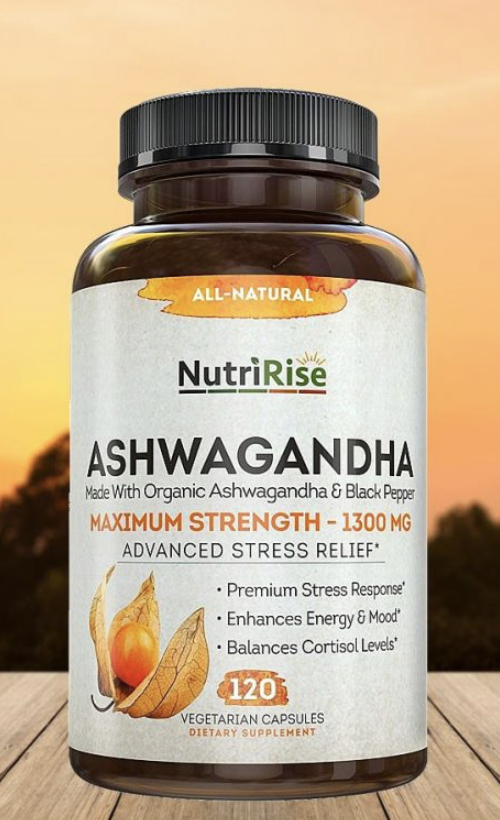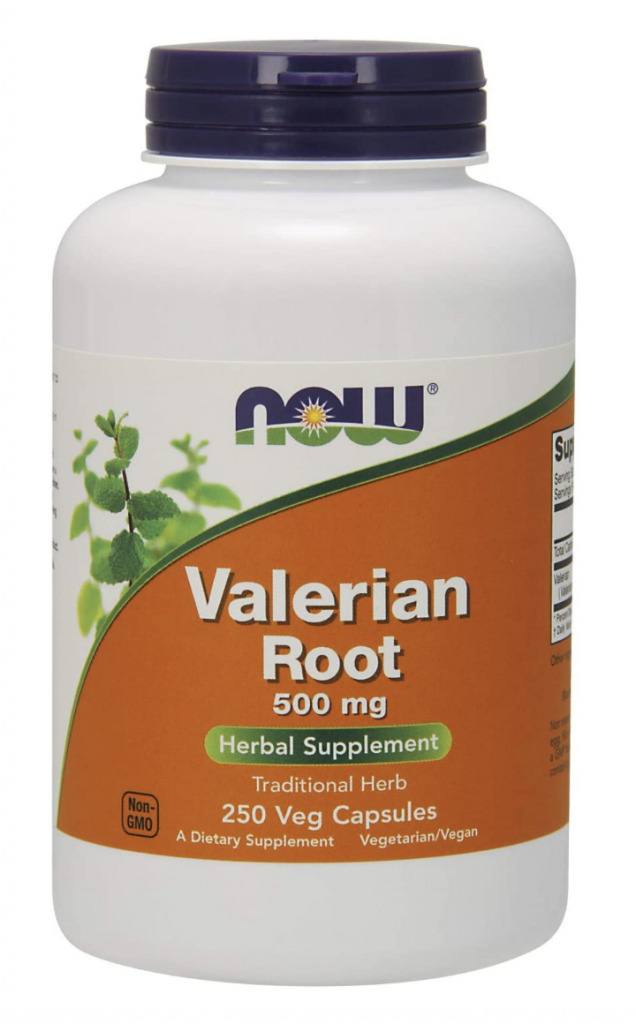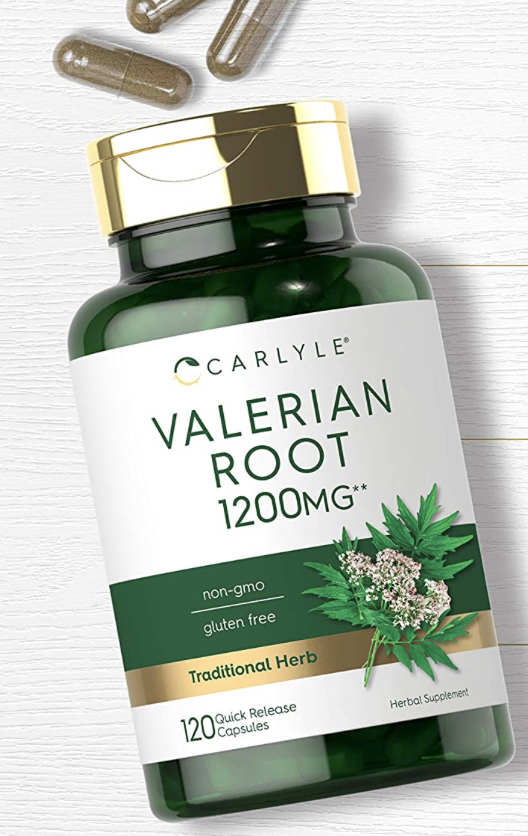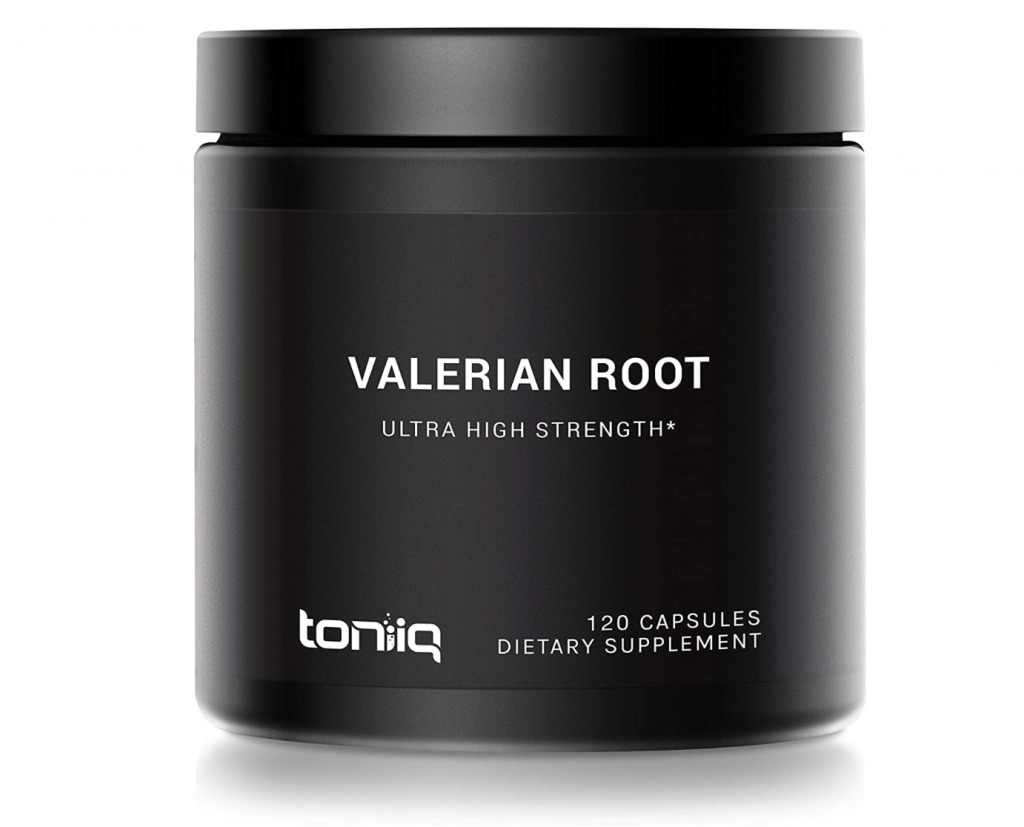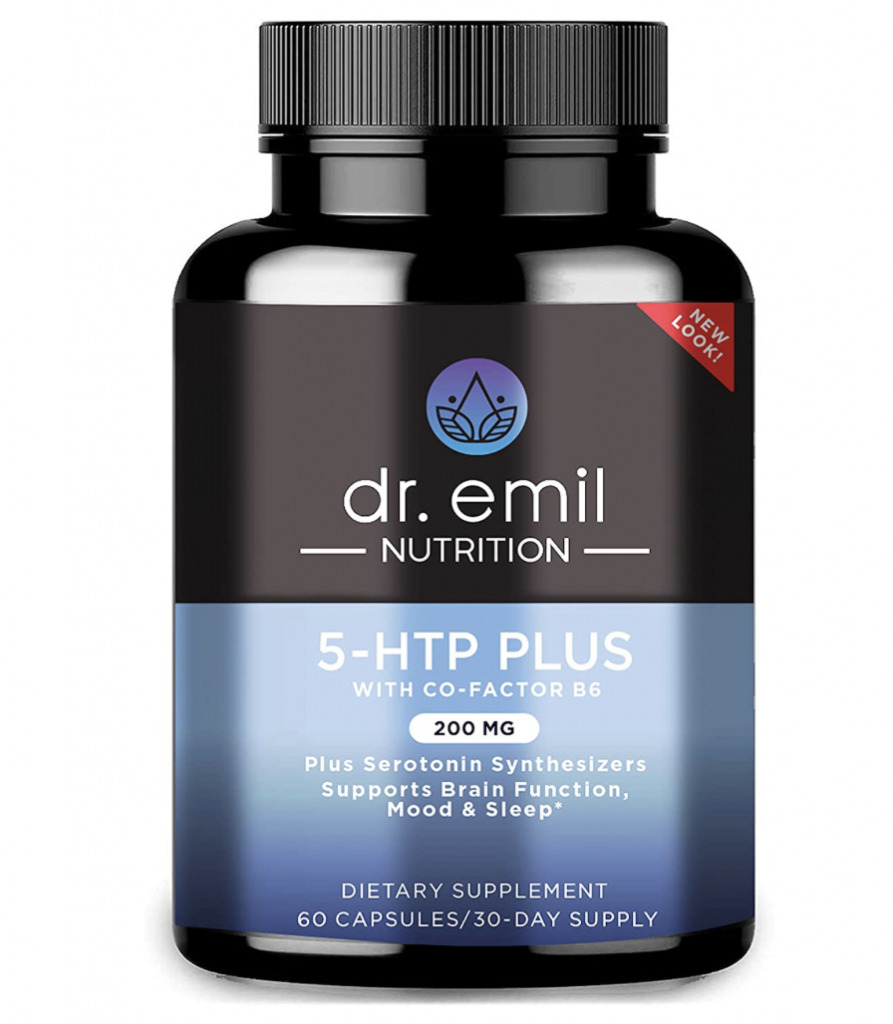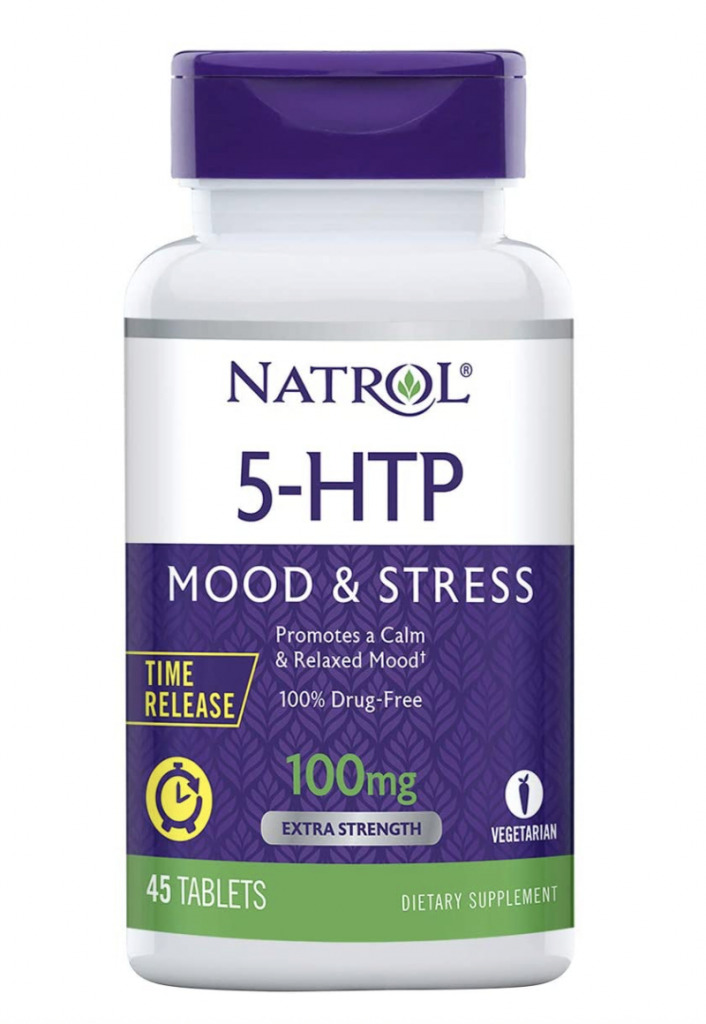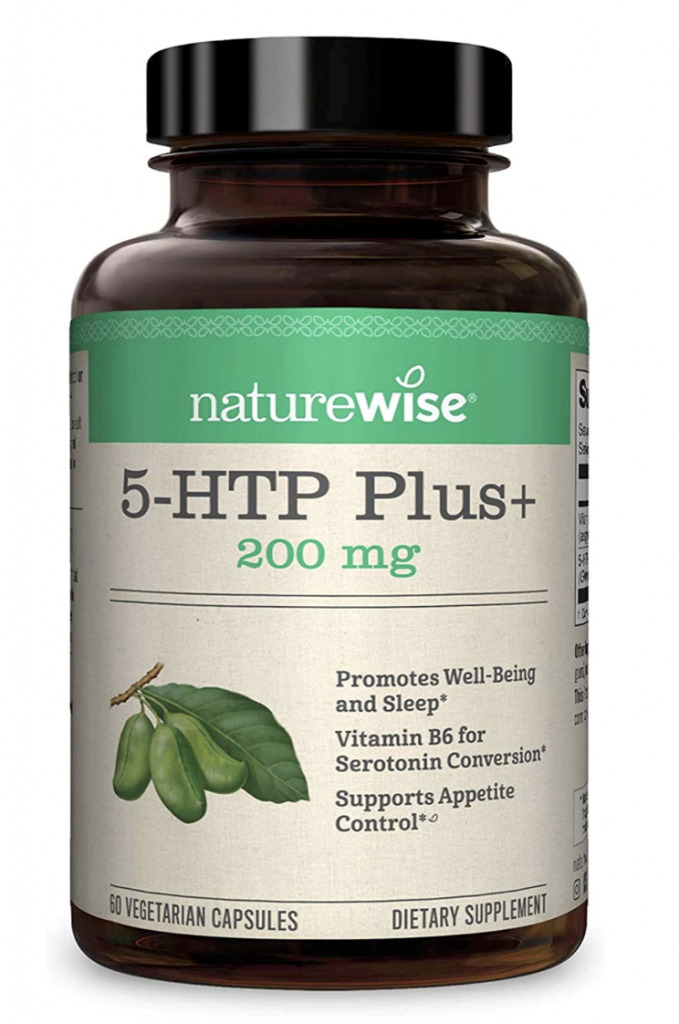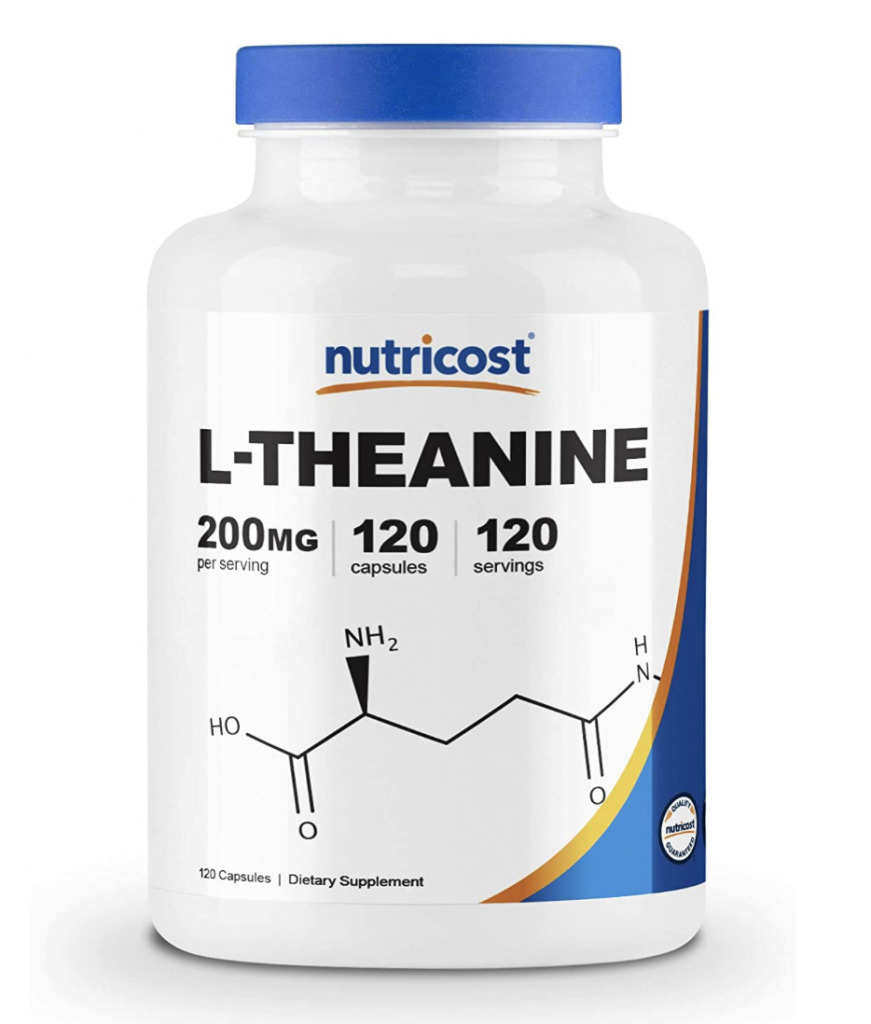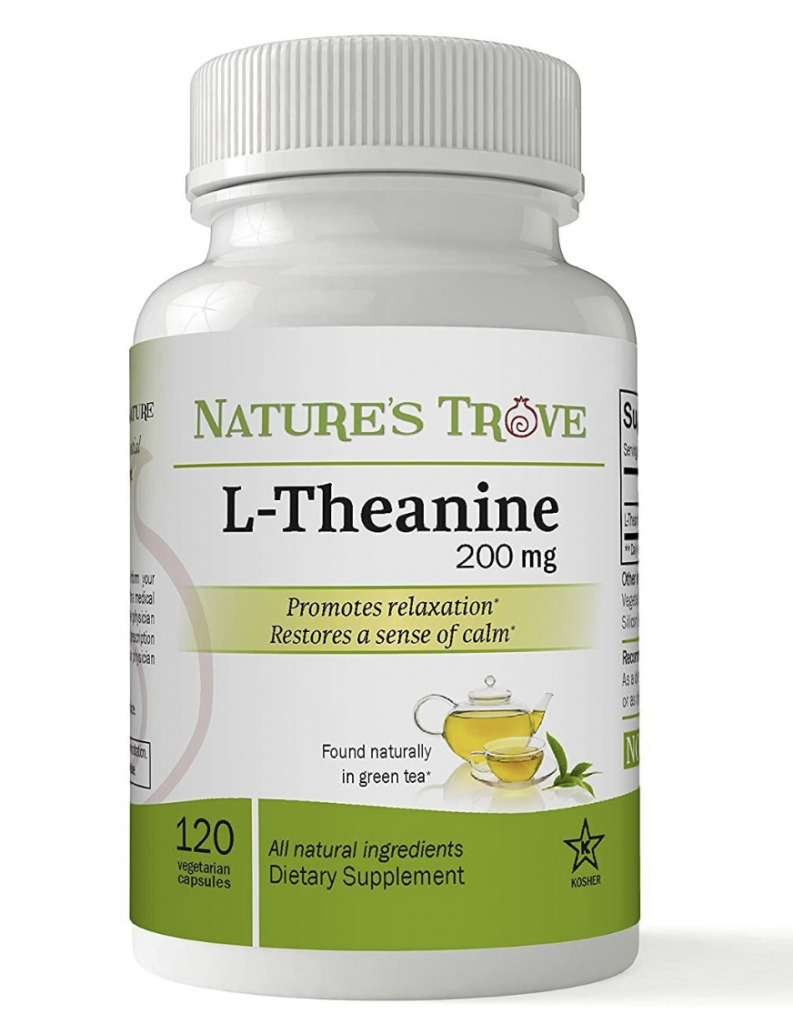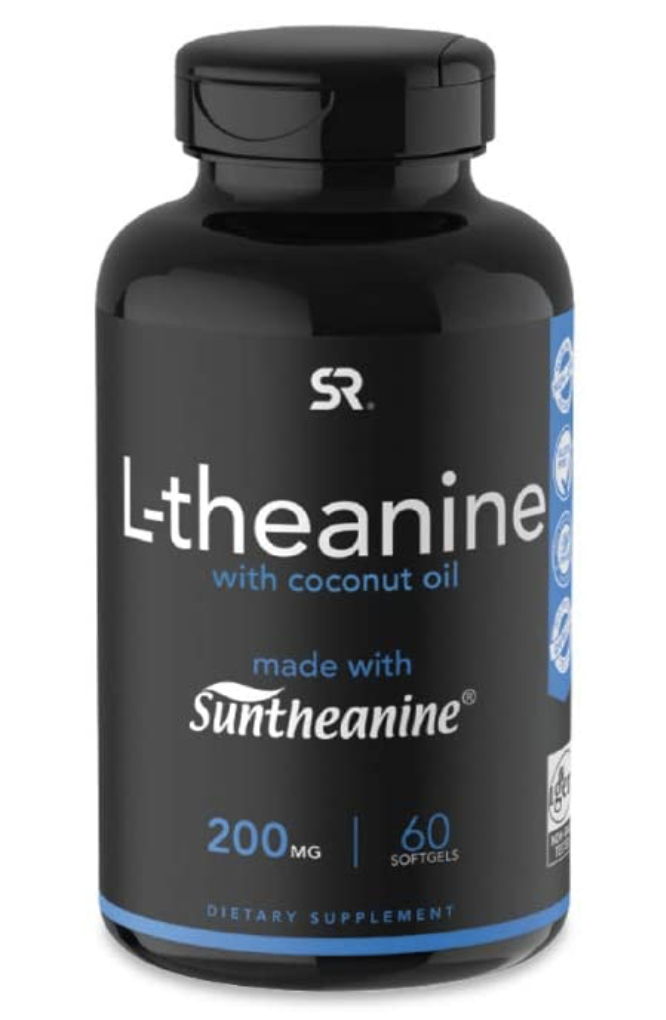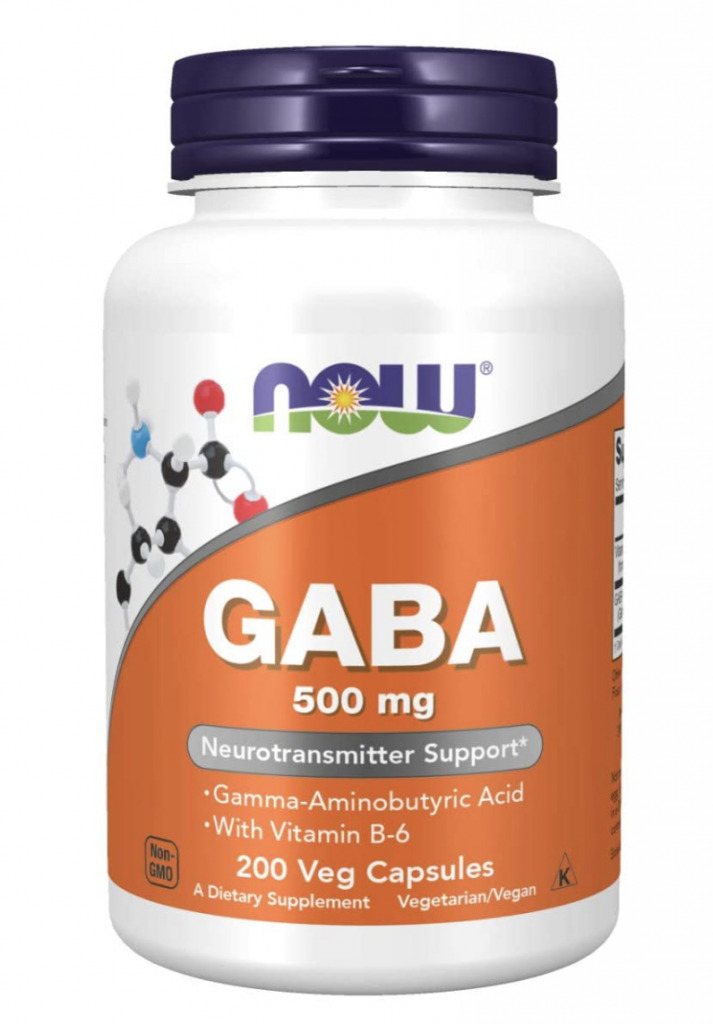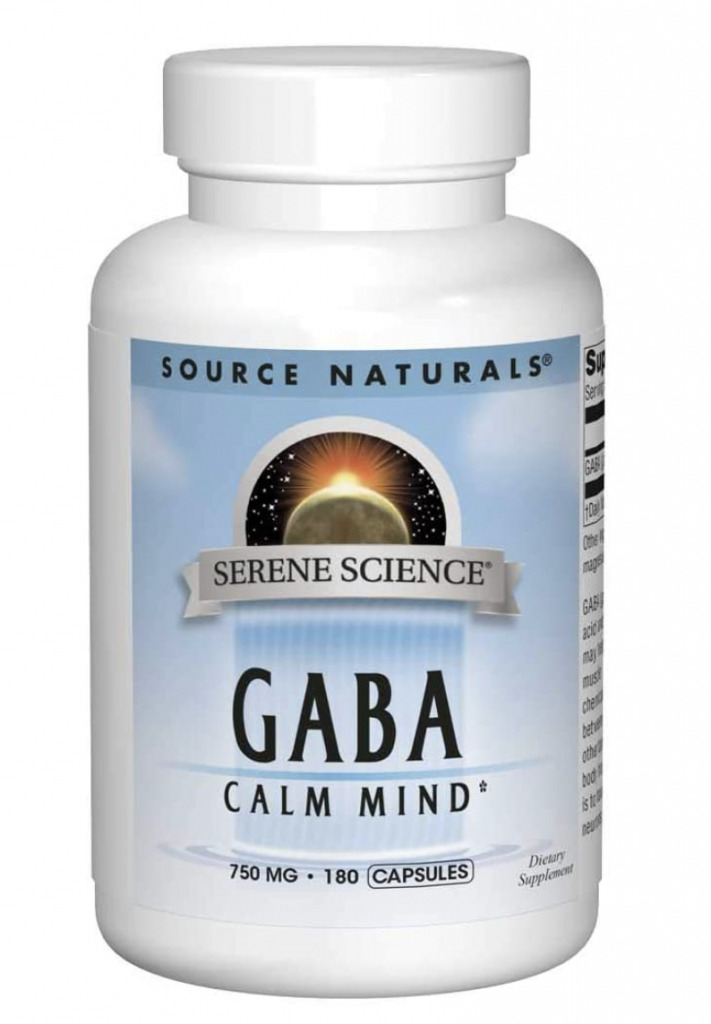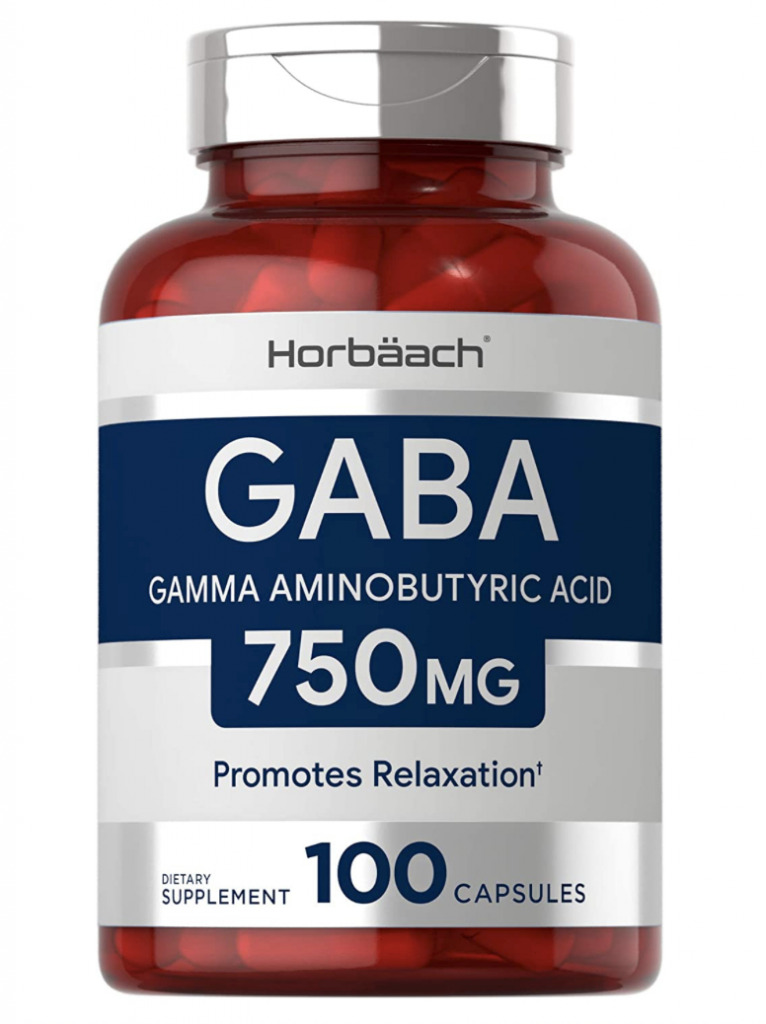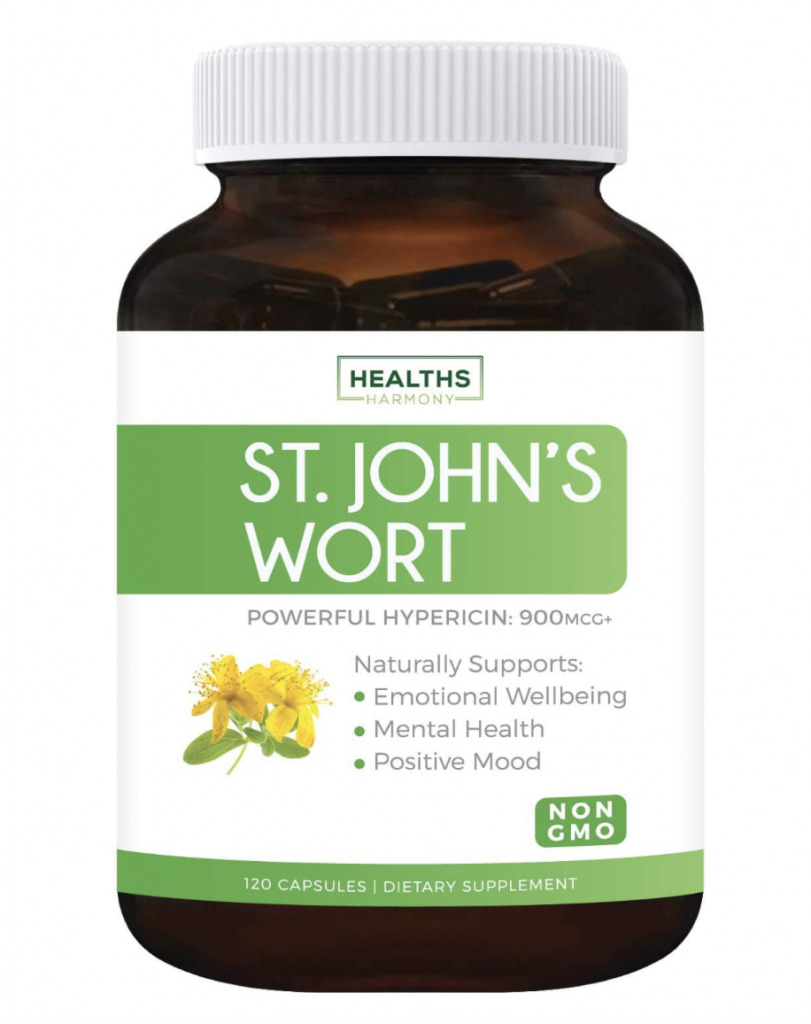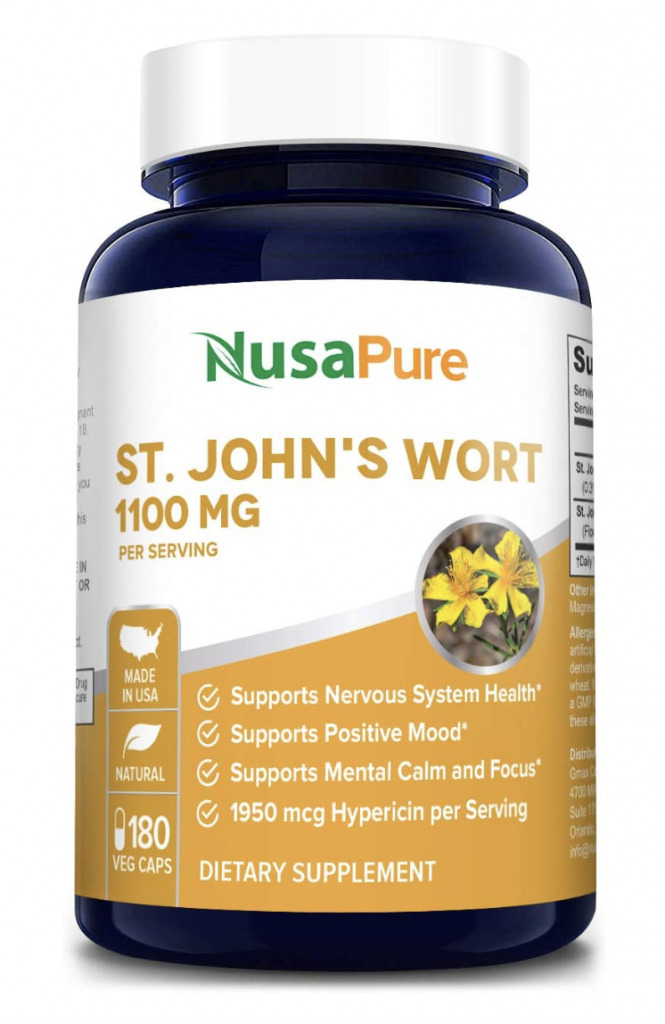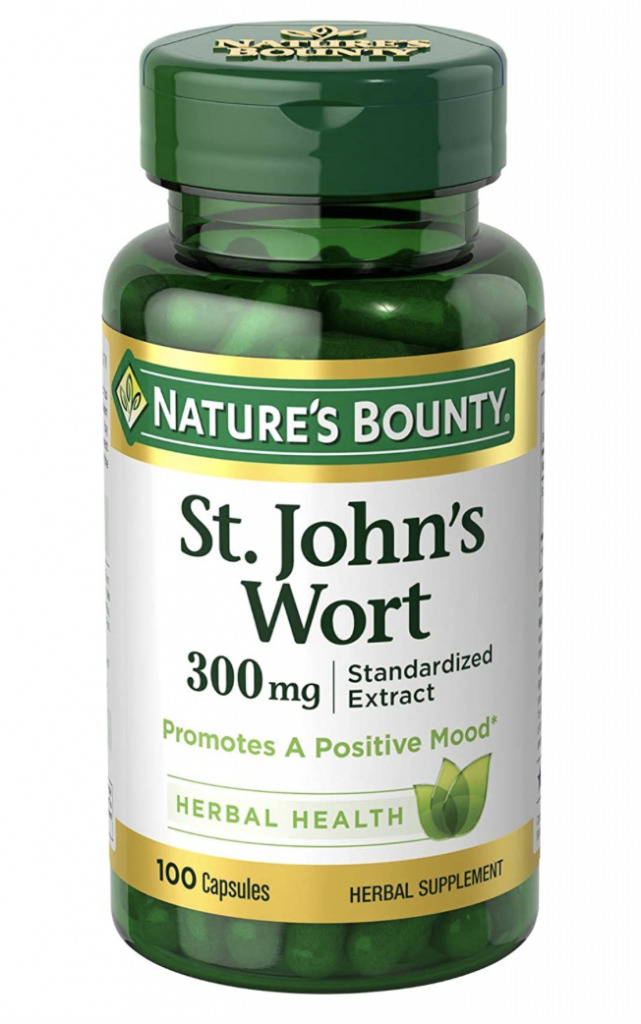As I’ve mentioned before, I have bipolar disorder. I’m on medication, but sometimes, I can’t help but to have super big lows.
So, I did my research to find other, more natural treatments to accompany my antidepressants. And I found a bunch!
PLEASE keep in mind that I am NOT a doctor, and these are simply mental health supplements that other people and some studies have found to be effective. Do your research thoroughly before trying these out. Some interact with other meds, and the last thing you need is to have an adverse reaction. Talk with your doctor and be careful!

Omega-3
While more research needs to be done, it’s been suggested by some researchers that omega-3 can help lower levels of depression. You can get omega-3 by eating fish, but there are also supplements you can take.
ADHD may also be treated by Omega-3, but less research has been conducted regarding memory and learning issues, and it shouldn’t be used as a primary treatment. Similarly, some research shows that omega-3 can help with dementia and Alzheimer’s.
Ritual is a multivitamin, and one of its core ingredients are omega-3s. It’s super popular right now, and definitely worth the hype for all of its great benefits.
Gingko Biloba
This tree’s leaves have a variety of health benefits. It can help with mental performance including memory and attention span, and it’s suggested that its antioxidant properties can help with anxiety, too. On top of that, animals were less depressed following a stressful event with the extract — but humans haven’t been tested, yet.
SAM-e
SAM-e, aka S-adenosylmethionine, has been used to treat depression for a while. Certain studies have shown that SAM-e can work as a tricyclic antidepressant, but more will need to be conducted before that’s confirmed.
Vitamin D
It’s been proven that vitamin D can help fight depression, as people with vitamin D deficiencies tend to feel more depressed. In fact, one study found that vitamin D receptors shared the same spaces associated with depression. Supplements and sunshine can help increase Vitamin D levels. I know I feel much better when I take my supplements and get outside!
L-Tyrosine
L-Tyrosine is an amino acid that primarily helps with thyroid health and enzymes. However, research suggests its use is broader than that.
A test on those with sleep deprivation found that those who took tyrosine performed better on mental tests than those who took a placebo. Tyrosine is also used to treat mild to moderate depression, because it plays a role in the production of dopamine and norepinephrine.
I’m a huge fan of HUM Nutrition’s Uber Energy. With L-Tyrosine and Vitamin B, you can say goodbye to brain fog and hello to productivity.
Ashwagandha
In studies with rats, this medicinal herb blocked stress by regulating the nervous system. And in another test in people, those who took the herb had reduced anxiety compared to the placebo group. It also has been suggested through research studies that it lowers cortisol.
It hasn’t been studied much, but there have been some studies that suggest regular consumption of ashwagandha can lower levels of depression. You can also find ashwagandha combined with other mental health supplements — Goli sells a supplement of ashwagandha and vitamin D to boost your mood.
Valerian Root
Valerian acts like a sedative, helping out with insomnia and anxiety. Medication is made from the root of this herb (hence the name), and though there aren’t too many studies on it, some doctors may recommend an oral dose of Valerian to help out.
SugarBear has a supplement that guarantees to knock you out and better your sleep. It’s also mixed with 5-HTP — more on that in a second. But seriously, scope this supplement out.
5-HTP
5-HTP is a byproduct of tryptophan. It’s used for a variety of symptoms, including depression. 5-HTP helps the brain boost the production of serotonin. It can also help with sleep and appetite.
L-Theanine
L-Theanine is one of my fav mental health supplements. It’s found in green and black tea. There have been studies linking this amino acid to reduced stress and anxiety, as well as easing symptoms of some mental illnesses. Another study found that L-Theanine combined with coffee helped young adults with their focus. There is more research being done, but so far, there are promising results.
GABA
GABA (aka Gamma Aminobutyric Acid) eases certain brain signals and can decrease activity in the nervous system. By attaching to GABA receptors in your brain, GABA produces a calming effect, which can help with anxiety. It’s been claimed to be more effective than L-Theanine, but more research needs to be conducted.
St. John’s Wort
Before you even THINK of trying St. John’s Wort, TALK TO YOUR DOCTOR. Many antidepressants can mix negatively with St. John’s Wort, leading to potentially life-threatening consequences with serotonin. It can also make medications you take less effective, if not fully ineffective.
With that in mind, St. John’s Wort is used to treat depression for the short-term. It should not fully replace medication, but studies show that it’s better than a placebo. Again, talk to your doctor before you try it on your own.

Mental health can be a monster, but mental health supplements may be able to help. Do you take any? Which ones have helped? Let us know in the comments.
Want To Read Up On Mental Health? These Articles Can Help:
I Learned How To Overcome Self-Sabotage And Increase Self-Compassion And You Can Too
Roses, Buds, And Thorns: Our Favorite Way To Practice Mindfulness Every Day

